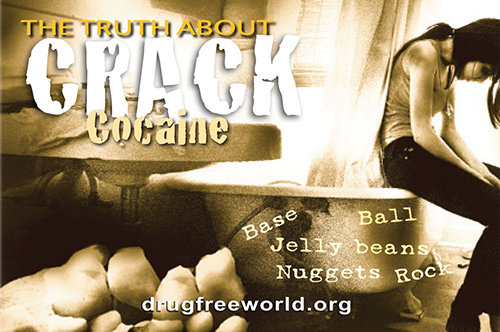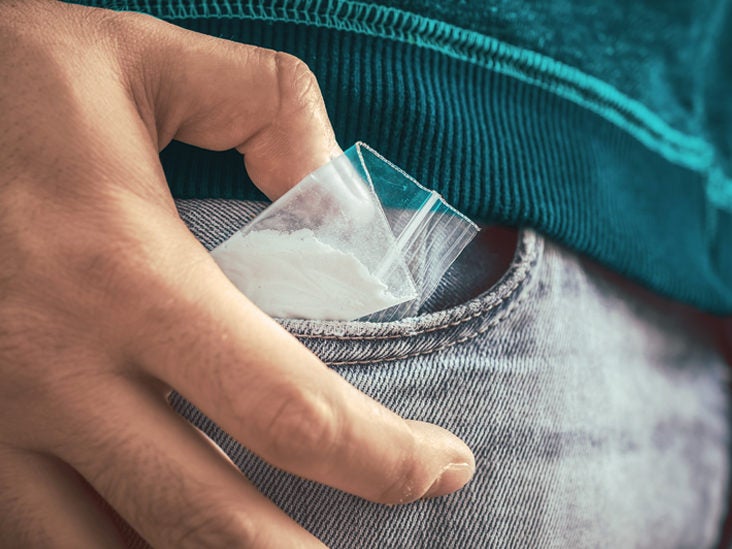
The future potential for cocaine vaccines. Orson FM, Wang R, Brimijoin S, Kinsey BM, Singh RA, Ramakrishnan M, Wang HY, Kosten TR. The availability of integrated care in a national sample of therapeutic communities. Cognitive-behavioral therapies for depression and substance use disorders: An overview of traditional, third-wave, and transdiagnostic approaches.

Vujanovic AA, Meyer TD, Heads AM, Stotts AL, Villarreal YR, Schmitz JM. DSM-5 criteria for substance use disorders: recommendations and rationale. Hasin DS, O'Brien CP, Auriacombe M, Borges G, Bucholz K, Budney A, Compton WM, Crowley T, Ling W, Petry NM, Schuckit M, Grant BF. What is the scope of cocaine use in the United States? Parikh N, Nonnemacher MR, Pirrone V, Block T, Mehta A, Wigdahl B. Demographic and psychological factors associated with lifetime cocaine use: An exploratory factor analysis of baseline questionnaires. 2012 29(2):34.ĭias NR, Lane SD, Rathnayaka N, Schmitz JM, Green CE. Recognizing rheumatologic aspects of cocaine abuse: These syndromes often are confused and misdiagnosis results. Signs of cocaine use and abuse.īose N, Calabrese NH. Addiction à la cocaïne : Données actuelles pour le clinicien. Karila L, Zarmdini R, Petit A, Lafaye G, Lowenstein W, Reynaud M. This is why it’s important to get dual diagnosis treatment to manage both your mental illness and cocaine addiction at the same time.National Institute on Drug Abuse. And the idea of avoiding those feelings by taking drugs that lead to euphoria-however brief-may sound pleasant.īut you’re more likely than others to become addicted, especially since the crash after taking cocaine is often more intense for anyone with mental illness.

Whether you have anxiety, depression, ADHD, bipolar disorder or another mental health issue, you may feel tempted to self-medicate with illegal drugs like cocaine.Īfter all, you might be experiencing pain, rejection, stress, or general unhappiness with your life right now. If you already have a mental illness, you have a higher chance of abusing drugs at some point in life. But many people who start out taking it in social situations end up relying on it on a regular basis, resulting in a cocaine addiction. Unfortunately, this may give the impression that it’s not dangerous, despite its many side effects and extremely addictive quality.Įven if you were worried about trying this drug, you may have felt pressured by friends to take it so you could experience the same feelings as them at a party. People like how alert and confident they feel when taking it while they socialize. Social EnvironmentĪs you’ve likely seen firsthand, cocaine is often called a “party drug.” This means seeing it in social situations is common. Even if your genes aren’t to blame for your addiction, your experiences growing up around drugs-and the possible trauma associated with that-may be partially at fault. Of course, seeing your parents, siblings or other relatives abuse drugs for years can also have an effect on your chances of addiction. So if you have a family history of drug abuse, you might have a higher than average chance of struggling with addiction. More specifically, genes can have an impact on how the brain metabolizes the dopamine from cocaine. Some studies have shown that cocaine addiction has a genetic component. Here’s an idea of what you need to know about these factors in cocaine addiction.

The most common underlying causes of cocaine addiction include genetic predisposition, social surroundings and mental illness. But there are a few factors that may increase the odds of addiction for some people who try cocaine. This makes it even harder to quit unless you get treatment from a facility like Northeast Addictions Treatment Center.Īnyone who uses cocaine could end up addicted to it. And when you’re physically addicted, it’s difficult to stop using the drug suddenly without suffering from withdrawal symptoms. This means you keep using cocaine despite the negative effects. As you spend more time and money taking higher doses of this drug, you’re likely ignoring other obligations, such as your job, school, family, and friends.īut when you’re addicted, you only care about getting more of the drug. Needing to take more to feel the effects is called tolerance. This means that over time you will need to take more of the drug to feel the same way you felt the first time you used cocaine. This is because not only does cocaine give you a feeling of euphoria, but it also gradually changes the way your brain feels pleasure. But many people eventually do develop an addiction to the drug. Not every person who tries cocaine becomes addicted.


 0 kommentar(er)
0 kommentar(er)
